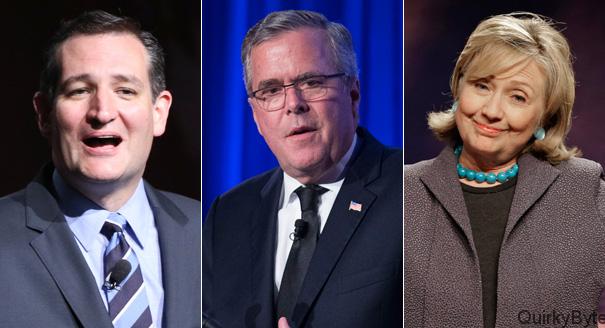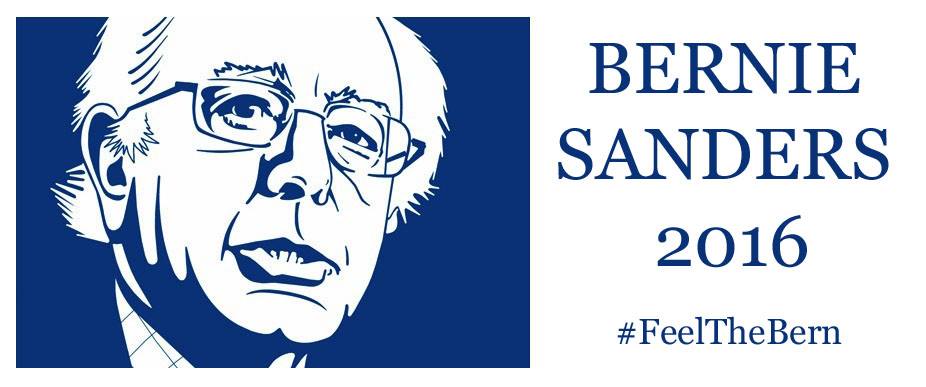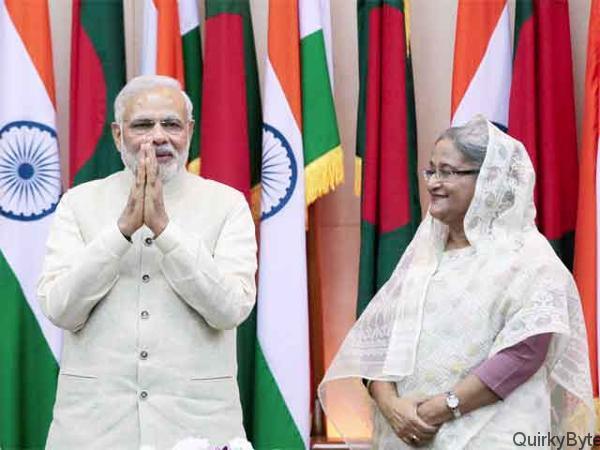Keep your friends close, your enemies closer : Lessons from the European Union

Prior to the formation of a supranational governing body over 26 sovereign states, Europe had largely been a warring continent. Countries like France, Britain, Germany, Italy, Poland, Spain and Greece have fought each other since their formation, some of them, being colonial powers had also expanded their conflicts to other continents like Africa and Asia.
Historically, the states in Europe had been battling even before Christianity was born, continuously battling each other throughout 18th-19th and even the 20th centuries, violence was imbued into the continent, the lust for power and control had caused so much turmoil over this period of time
One living in those times would never think that their warring nations would, despite their differences in political systems, cultures and ideologies would band together to form a coalition the likes of which the world hadn’t seen before, to even think that would have been ludicrous, But now, as we can see, somehow, they did exactly that.
Now, let’s take a look at the Asian continent, specifically, the Indian subcontinent much like Europe, The states lying in this region, India, Pakistan, Bangladesh, Sri Lanka, Nepal, and Bhutan have been subjected to conflict among themselves for a historically long period of time, same as Europe, but for some reason, has not been able to achieve the level of cooperation that the European states have.
For some reason, the countries lying in this region, with some exception have, not been able to look past the turbulent history and still hold grudges with each other, the level of cooperation and understanding among themselves is nowhere as close as the European union. It’s the principle of political and social selflessness that enabled the European nations to prosper and form coalition despite various differences among them and their ability to understand that prosperity through their unity would be far more sustainable and achievable in that short span of time since the creation of the European union.
Despite historical, cultural and ethnic links between them, relations between India and Pakistan have been plagued by years of mistrust and suspicion ever since the partition of India in 1947, the issues of claim over Kashmir’s and water sharing have been strain full and have restricted any effective bilateral negotiation to end the hostility. In the case of China, Despite lingering suspicions remaining from the 1962 Sino-Indian War and continuing boundary disputes over Aksai-Chin and Arunachal Pradesh, Sino-Indian relations have improved gradually since 1988, India has continuously tried to maintain peace despite aggressions from the other side, Since 2004, the economic rise of both China and India have also helped forge closer relations between the two. Sino-Indian trade reached US $ 65.47 billion in 2013-14, making China the single largest trading partner of India, though China is not a part of the Indian Sub-continent, this example is an important one and pivotal in understanding the importance unity.
Since its independence, India had sought a strict non-alignment policy strategizing not to align with any of the two camps of power, neither the Soviet Union or the United States of America regardless of any incentives put forward by any of the two camps, prior to Bangladesh(East-Pakistan) war India entered into Indo-Soviet Treaty of Friendship and Cooperation which was a significant deviation from its non-alignment policy. Pakistan choosing to side with the enemy camp, The United States was, once again on bad terms with India and the concept of regional cooperation was jeopardized because of the cold war fought in another region by two superpowers who had the capacity to annihilate the world. Luckily, the cold war never got hot and the world was spared from nuclear annihilation.
The political tensions between the United States and former Soviet countries got mended over time but the tensions of distrust and disgust in the Indian Subcontinent didn’t once again adding another reason to the cause of a rift between the countries in this region.
After the 1971 war, Pakistan and India made slow progress towards the normalization of relations. In July 1972, Indian Prime Minister Indira Gandhi and Pakistani President Zulfikar Ali Bhutto met in the Indian hill station, Simla.They signed the Simla Agreement, by which India would return all Pakistani personnel and captured territory in the west, and the two countries would “settle their differences by peaceful means through bilateral negotiations”, but the treaty was not a successful one and both the countries entered into a pause in formal talks.
On May 25, 2014, Pakistan releases 151 Indian fishermen from its jails in a goodwill gesture ahead of the swearing-in ceremony of Narendra Modi as prime minister. On May 27, 2014, Indian Prime Minister Narendra Modi held talks with Pakistan’s Prime Minister Nawaz Sharif in New Delhi. Both sides express willingness to begin a new era of bilateral relations. It is evident that the two countries in question here won’t be thick as friends anytime in the near future but normalization in the relations has taken a faster pace with the coming of a new government in India.
Mending relationships and understanding your geographical neighbors is crucial for economic development as is evident in the case of the European Union and it seems that the countries lying in this region have started to understand that. A cooperative cooperation of an economic and political coalition between the countries in Asia would easily have the caliber to overthrow any other economy or an economic coalition in this world, even OPEC, and EU.




